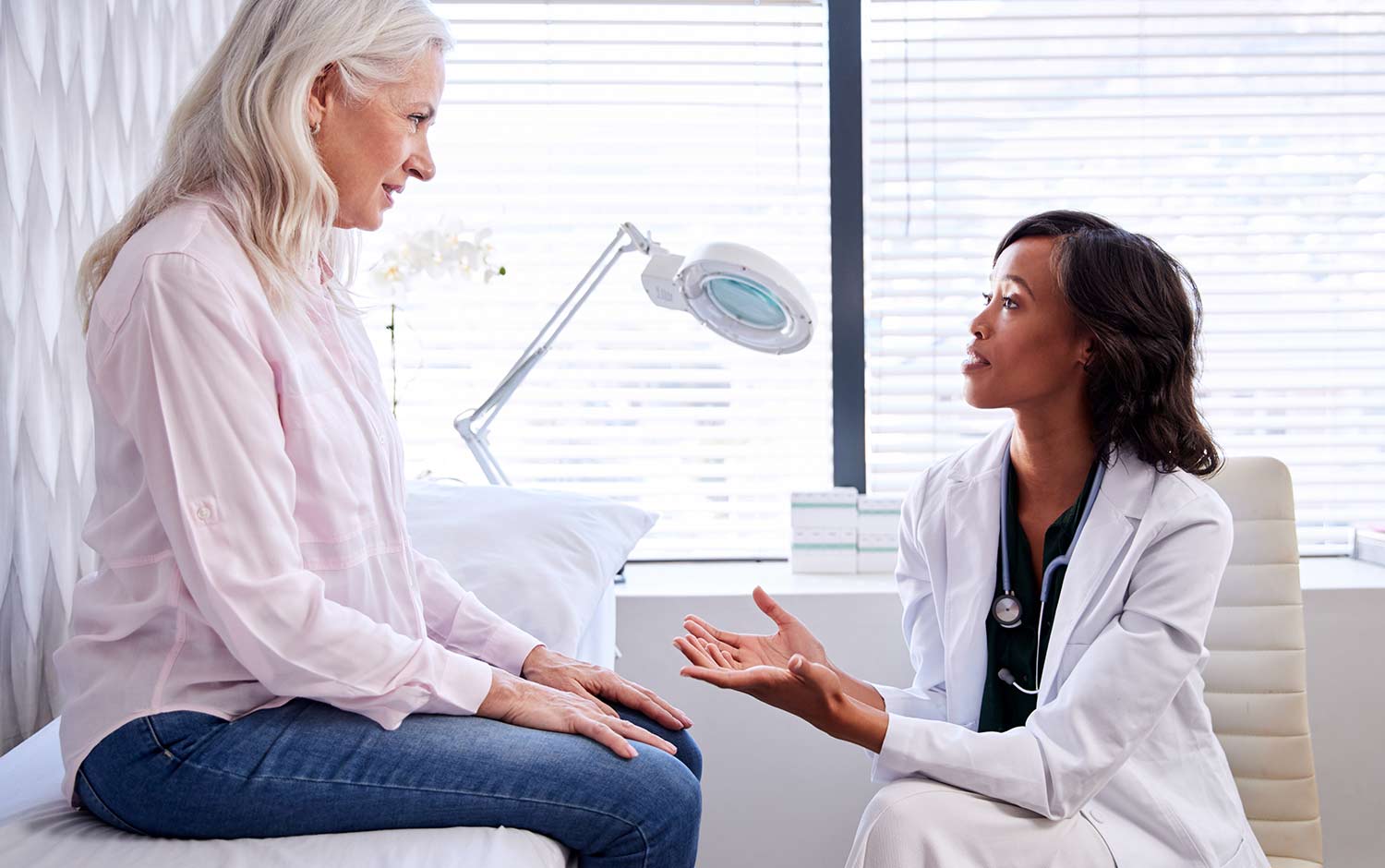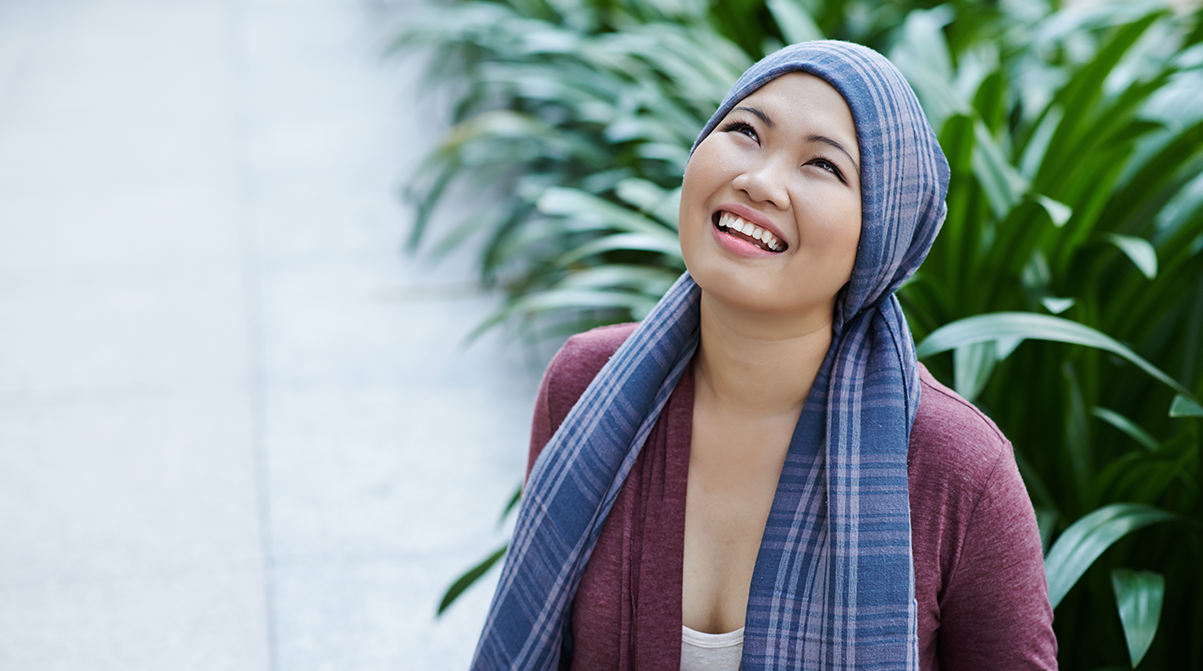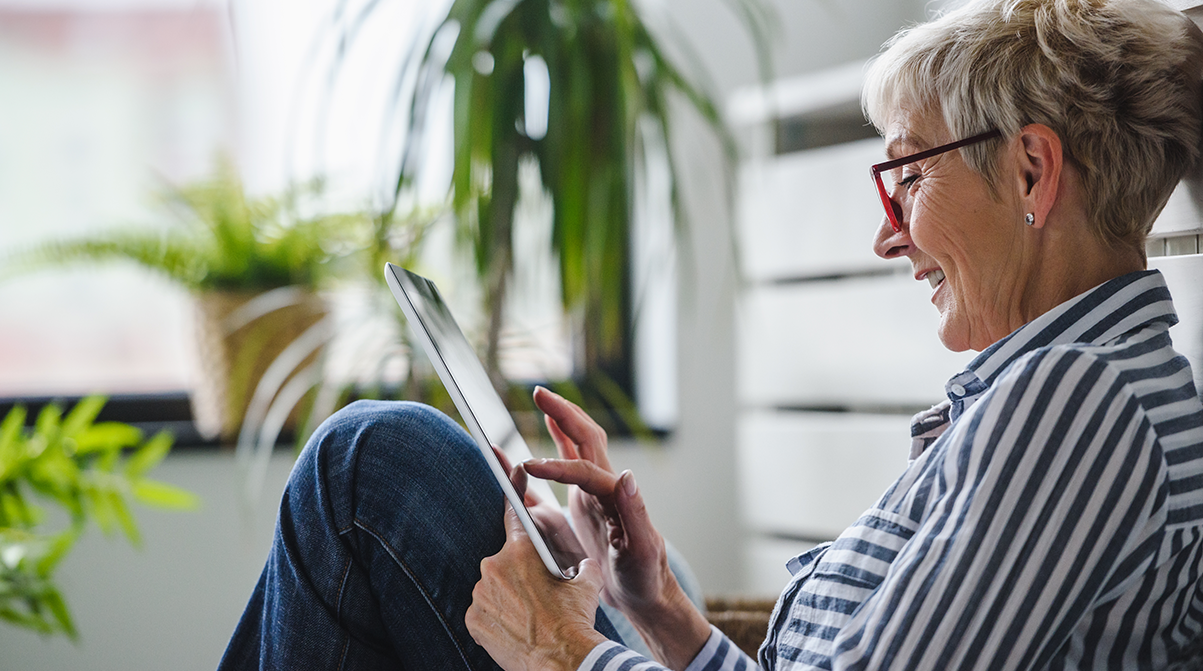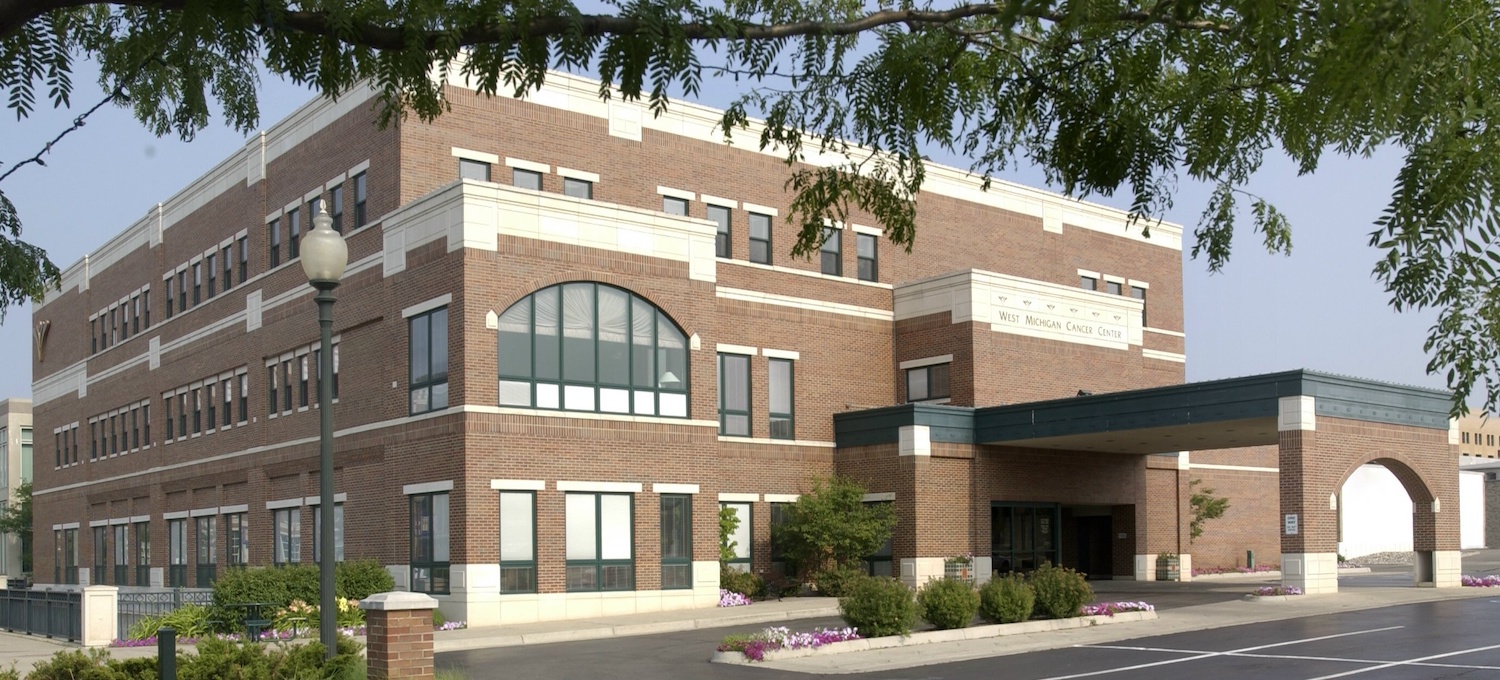We are committed to your health and safety.
Preparing For Your Visit / Masking Optional Policy
If you have recently tested positive for COVID-19 and/or are experiencing COVID-19 or upper respiratory symptoms, please talk to your healthcare provider prior to your appointment. If you are cleared for your visit with us but are not feeling well, please wear a mask.
Masking is optional for all other visitors to the center. Here is our current Masking Optional policy.

COVID-19 Symptoms
People with these symptoms may have COVID-19:
- Fever or chills
- Cough
- Shortness of breath or difficulty breathing
- Fatigue
- Muscle or body aches
- Headache
- New loss of taste or smell
- Sore throat
- Congestion or runny nose
- Nausea or vomiting
- Diarrhea
Additional Prevention Measures
WMCC strives to ensure patient and staff safety as a top priority throughout the year. Please review the following information regarding general COVID-19 prevention and symptoms. WMCC will continue to monitor the ongoing situation and guidance from the CDC. We will also coordinate with local health department officials and both Ascension Borgess and Bronson Healthcare to provide the best care possible for those who may become affected.
- Basics and Symptoms
- Prevention
- COVID-19 Vaccine Recommendations – Cancer Patients
The CDC recommends prevention measures that are very similar to prevention measures for the flu.
- Hand washing: Wash your hands using soap and water for at least 20-30 seconds; especially after going to the bathroom, before eating, after blowing your nose, coughing or sneezing or providing care for someone with symptoms. If soap and water are not readily available, use an alcohol-based hand sanitizer with at least 60% alcohol. Always wash hands with soap and water if hands are visibly dirty.
- Avoid touching your face: It is very common for an individual to touch their face on a regular basis. It is important to avoid touching your face as this is a common way that viruses enter and leave your body. It is additionally important to avoid the T-zone – eyes, nose and mouth.
- Social distancing: If you are sick, it is important that you stay home, unless seeking medical attention, and follow good prevention etiquette. If you must be out in public, wear a cloth face covering and stay at least 6 feet away from other individuals.
- Cloth Face Coverings/Masks: Cloth face coverings or non-vented masks are recommended for everyone in public settings.
- Travel guidelines and restrictions: It is important to avoid travel to areas where an outbreak is widespread. Please check the CDC for travel guidelines.
- Cleaning: It is important to clean commonly touched surfaces. Standard disinfecting wipes appear to be sufficient (i.e., Lysol wipes). WMCC is committed to this practice throughout out normal daily cleaning protocol.
WMCC is following the National Comprehensive Cancer Network (NCCN) guidelines for COVID-19 vaccination in patients with cancer.
NCCN Guidelines as of 1/22/21:
- Patients with cancer should be a priority to receive a COVID-19 vaccine. They should be immunized when a vaccine becomes available to them. This includes patients undergoing chemotherapy and radiation therapy. It also includes those who have undergone surgery or will in the future.
- For cancer surgery patients, there should be at least three days of separation, either before or after, between surgery and vaccination.
- For patients receiving chemotherapy AND radiation therapy at the same time, the most ideal time to give the vaccine is unknown. With chemotherapy regimens different for every patient, we recommend that you talk to your medical oncologist. Your doctor can discuss your unique care plan. In the absence of data, the NCCN recommends vaccination when available.
- Immunization is recommended for all patients receiving chemotherapy, immunotherapy, and radiation therapy. This is our recommendation with the understanding that there are limited data on safety and value in these patients.
- Reasons to delay giving cancer patients a vaccine are similar to the public (for example, recent exposure to COVID-19) and cancer-specific factors.
- Cancer patients participating in clinical research trials should follow up with their research protocol nurse before scheduling vaccination.
- Cancer patients who have additional underlying health conditions should discuss vaccination with their primary care provider.
- Caregivers and household/close contacts should be immunized when possible.
- Basics and Symptoms
- Prevention
- Vaccine & Cancer Patients
The CDC recommends prevention measures that are very similar to prevention measures for the flu.
- Hand washing: Wash your hands using soap and water for at least 20-30 seconds; especially after going to the bathroom, before eating, after blowing your nose, coughing or sneezing or providing care for someone with symptoms. If soap and water are not readily available, use an alcohol-based hand sanitizer with at least 60% alcohol. Always wash hands with soap and water if hands are visibly dirty.
- Avoid touching your face: It is very common for an individual to touch their face on a regular basis. It is important to avoid touching your face as this is a common way that viruses enter and leave your body. It is additionally important to avoid the T-zone – eyes, nose and mouth.
- Social distancing: If you are sick, it is important that you stay home, unless seeking medical attention, and follow good prevention etiquette. If you must be out in public, wear a cloth face covering and stay at least 6 feet away from other individuals.
- Travel guidelines and restrictions: It is important to avoid travel to areas where an outbreak is widespread. Please check the CDC for travel guidelines.
- Cleaning: It is important to clean commonly touched surfaces. Standard disinfecting wipes appear to be sufficient (i.e., Lysol wipes). WMCC is committed to this practice throughout out normal daily cleaning protocol.
COVID-19 Vaccine Recommendations – Cancer Patients
WMCC is following the National Comprehensive Cancer Network (NCCN) guidelines for COVID-19 vaccination in patients with cancer.
NCCN Guidelines as of 1/22/21:
- Patients with cancer should be a priority to receive a COVID-19 vaccine. They should be immunized when a vaccine becomes available to them. This includes patients undergoing chemotherapy and radiation therapy. It also includes those who have undergone surgery or will in the future.
- For cancer surgery patients, there should be at least three days of separation, either before or after, between surgery and vaccination.
- For patients receiving chemotherapy AND radiation therapy at the same time, the most ideal time to give the vaccine is unknown. With chemotherapy regimens different for every patient, we recommend that you talk to your medical oncologist. Your doctor can discuss your unique care plan. In the absence of data, the NCCN recommends vaccination when available.
- Immunization is recommended for all patients receiving chemotherapy, immunotherapy, and radiation therapy. This is our recommendation with the understanding that there are limited data on safety and value in these patients.
- Reasons to delay giving cancer patients a vaccine are similar to the public (for example, recent exposure to COVID-19) and cancer-specific factors.
- Cancer patients participating in clinical research trials should follow up with their research protocol nurse before scheduling vaccination.
- Cancer patients who have additional underlying health conditions should discuss vaccination with their primary care provider.
- Caregivers and household/close contacts should be immunized when possible.




